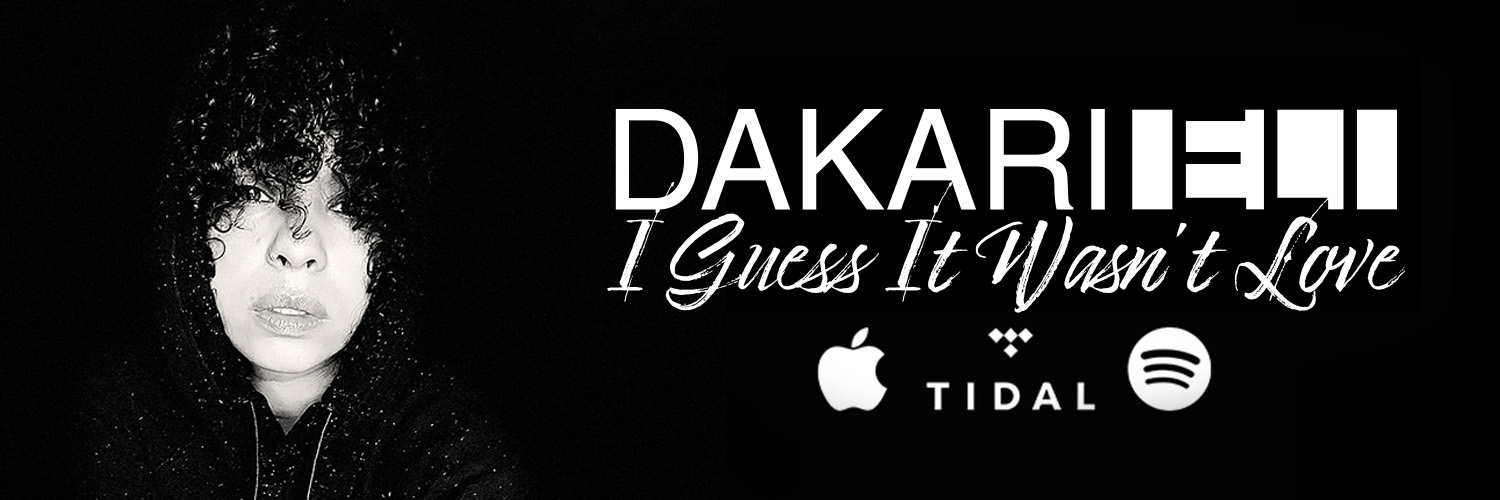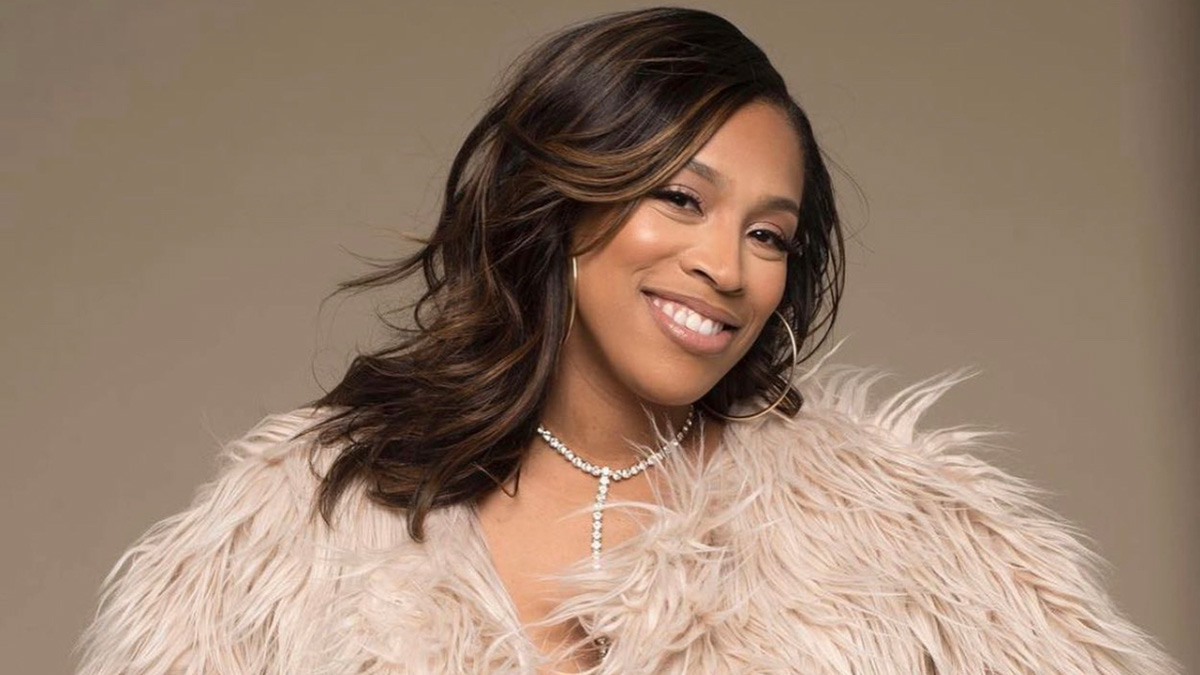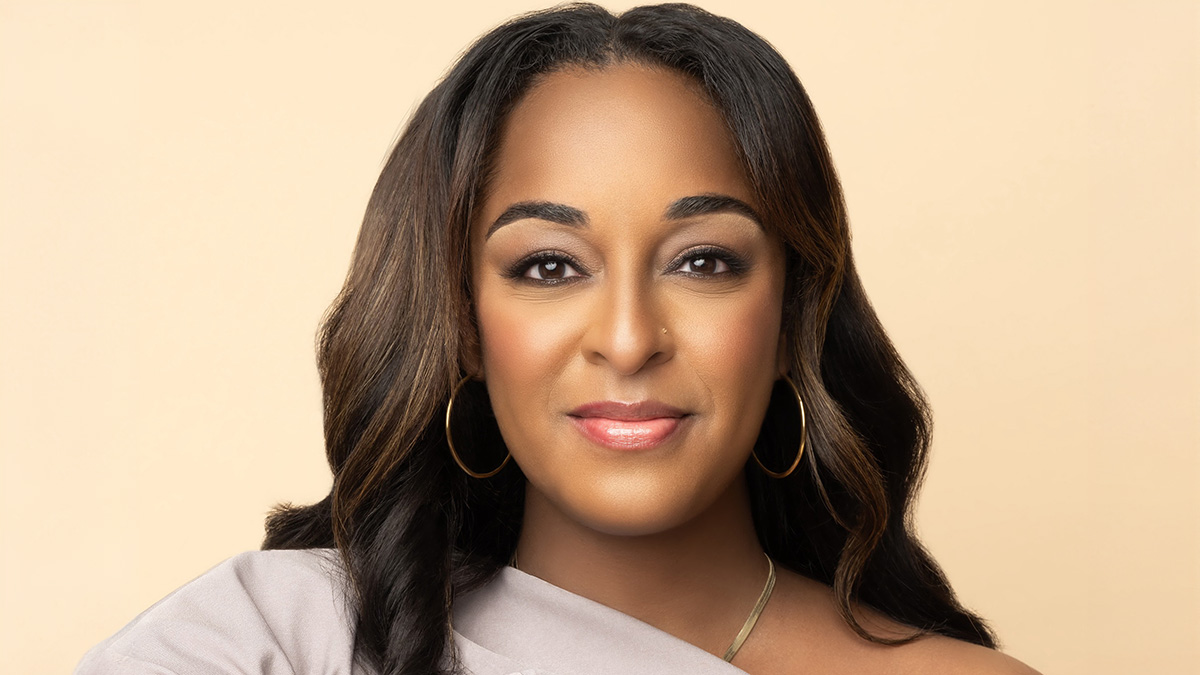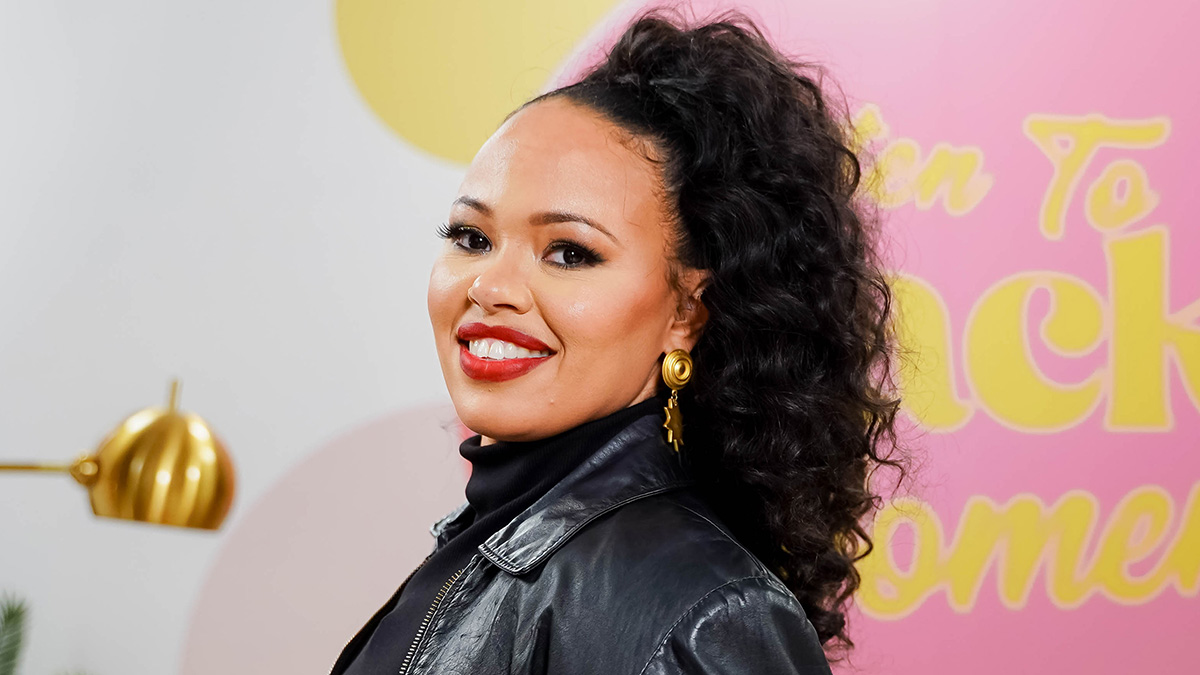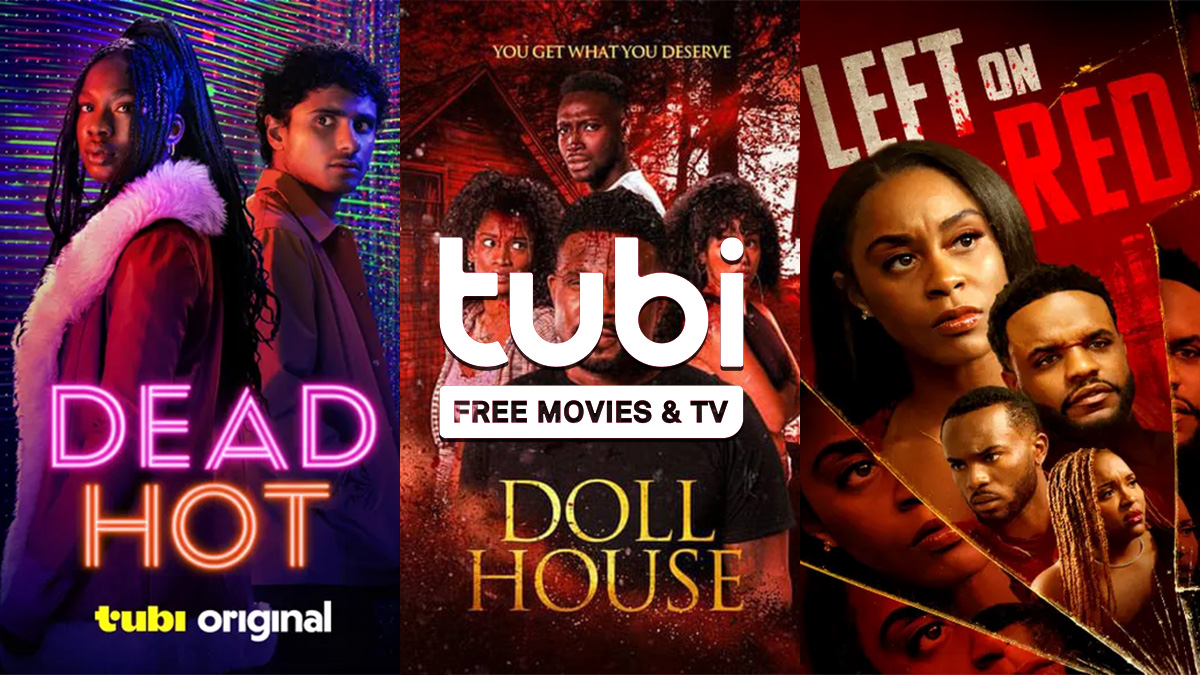Esteemed entertainment attorney Keisha R. Perry Walker has established herself as one of the most successful legal minds in the country. Her service to the culture is one of many reasons she continues to be held in the highest regard.
You were the first African American to graduate from The Hutchinson School. How did it feel to make history?
Making history was as the first African American to graduate from the Hutchison School was a surreal experience that I did not fully appreciate as a 17-year-old young woman. I understood that being the first to graduate in 1997 from a school that opened in 1902 was a big deal. I mean the media coverage given at the time was a key indicator of that but appreciating the doors that it opened and what it signified to others did not sink in until later. In May 2019, it all came full circle when I gave the Commencement speech at my high school alma mater. I believe the number of staff, students, classmates, and parents that came up to me in awe that I was the commencement speaker spoke volumes. I actually too was in shock when asked by Dr. Kirsten Ring. I was grateful to have been of service and represented my profession well enough to be considered. In both scenarios, I felt grateful and honored to be considered and know it was based on God’s favor and grace.
What led to your decision to practice entertainment law?
I knew from a very young age that I wanted to be an attorney; however, I always envisioned myself practicing corporate law at a major corporation or big law. All of this changed when I attended The University of Tennessee. After witnessing the lack of guidance and financial sustainability that many of the football players there were experiencing, it sparked my determination to help change the narrative and outcome especially for underrepresented or mispresented people of color. Instead of doing that in the sports field, I chose to do so in the music industry. Eventually my services spread to film, television, and influencers.
There are so many aspects of entertainment law, which is the most common for you?
I practice in the music, film, television, and influencer realm of Entertainment Law most frequently. I provide contract draft, review, revision, and negotiation services to clients, and advise clients on how to best establish and protect their business entities within these practice areas.
Do you devote most of your time with corporate clients or individuals?
I spend most of my time in the music and influencer realm representing individuals, while in the film and television realm, I represent mostly corporate clients while serving as production legal.
You started your own practice 2005, what was the biggest hindrance you have faced?
The biggest hindrance I faced while starting my own practice is fear of the unknown. Naturally as human beings, we often do not readily embrace the unknown as there are so many factors that we feel unprepared for. When my mentor first encouraged me to start my own firm, I was working for a debt collection law firm. Even though I hated my job there, it was comfortable and knew how much my check would be every pay period, what my benefits would be, my shift, and what my caseload entailed. I was miserable and unfulfilled, but it was familiar. I was willing to stay in an unhappy situation than to face the unknown. I had been praying about the situation and God told me to quit, but the paralysis of fear temporarily overshadowed my faith. I justified every excuse to delay quitting: “I need to save more money,” “I need to make it to the end of the year,” “I need to build my clientele first.” Then God gave me the push to overcome my fear because shortly thereafter, I got fired. While most people are embarrassed about being fired, it was the greatest professional blessing of my life at the time. After traveling to Hawaii for two weeks to visit a childhood friend and enjoy the beaches and sand, I came back motivated and overcame the fear that was paralyzing me from realizing what was waiting for me in the next chapter. When my Grandfather taught me how to drive, he would take me to different areas of the city that were unfamiliar to me. He would give me the main streets, how to determine north, south, east and west and tell me to take us home. I learned three powerful lessons from that: 1. There can be more than one way to get to your destination and you can learn so much on the journey and gain powerful experiences. 2. Taking the unfamiliar routes home gave me options that I never would have experienced. 3. While you need direction to get your ultimate goal, there are some things it’s okay to figure out as you go. None of us know it “all” and we all can benefit from the deviation from the norm.
Share your thoughts on artists who fail to seek counsel and later complain about the terms of their agreement?
My thoughts are simple: It comes down to choices and consequences. If an artist has access to legal counsel (which the internet and social media grants an unprecedented access today) and chooses not to utilize that tool, then they are making an informed decision and have to deal with the consequences of that choice. I know that for many artists, this is a whole new world and sometimes they do not realize the magnitude and the implications of what they are signing, but they have to be vigilant in protecting themselves or risk being taken advantage of. In science, we learned about cause and effect. Artist should ask themselves, what are the possible effects of me signing an agreement without competent entertainment legal representation and am I okay with that outcome. This is a skill I apply for my choices as well. I understand that for every action there is an outcome, whether good or bad, but my action rests on whether I am prepared to deal with the outcome.
Tell us some of the things we should consider when seeking an entertainment lawyer.
When seeking an entertainment lawyer, you should consider the following:
1. Their expertise in your required area. I have colleagues who solely practice music law, but do not know the film and television arena. Make sure your attorney is knowledgeable in your required area.
2. Alignment with your needs and what you want to accomplish. If you have $300 and hour to pay your attorney and your attorney charges $500, unless that attorney is willing to discount their price, you are not aligned. If you are looking for an attorney who explains every contract clause by clause, but this is not the way your attorney conducts business, you are not aligned. If you expect matters to be turned around very quickly, but your attorney takes forever to respond, you are not aligned. I find that these types of relationships are ineffective in the long run and end in frustration and complaints to the State Bar.
3. Lastly, the best attorneys try to bring additional value to their client, but the ability to do this still rests on the foundation and groundwork completed by the client. I have relationships with brands who are eager to spend money, but if an artist’s social media is non-existent or the artist’s reputation is problematic, then it is very difficult for me to add value too that client.
How would you describe your career and service to community?
My career has been fulfilling, challenging, rewarding, and on my terms. I am grateful to be in a place where I can be selective of the clients that I accept and can end client relationships that no longer align with me. I serve my community by volunteering with different organizations throughout the Atlanta area, but mostly through mentoring the next generation of attorneys and entrepreneurs. My Firm has an internship program that allows us to assist in properly training other up and coming business and entertainment attorneys. I love providing this service to fill the void that existed for me

